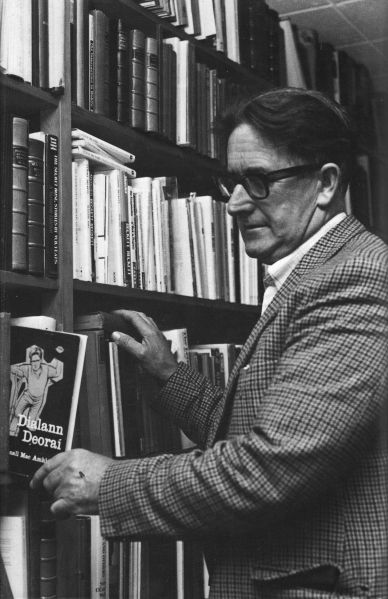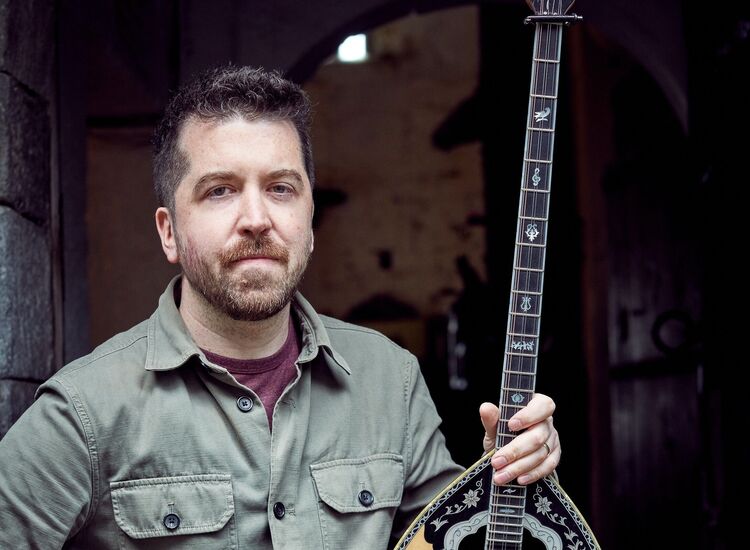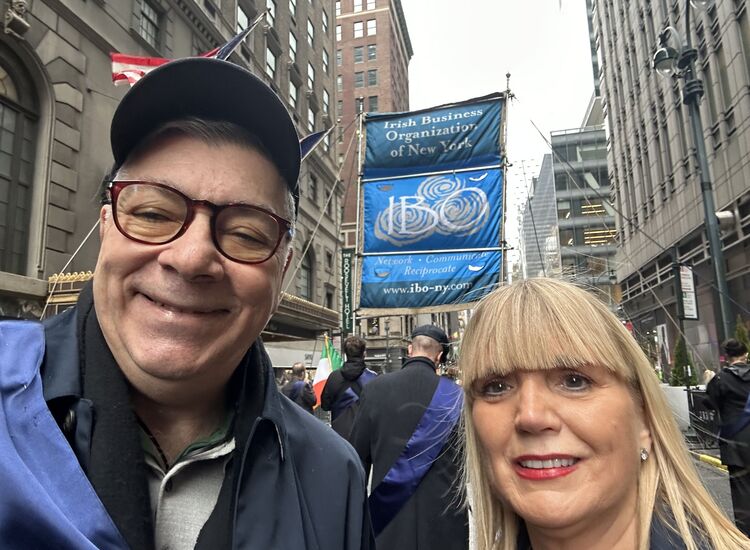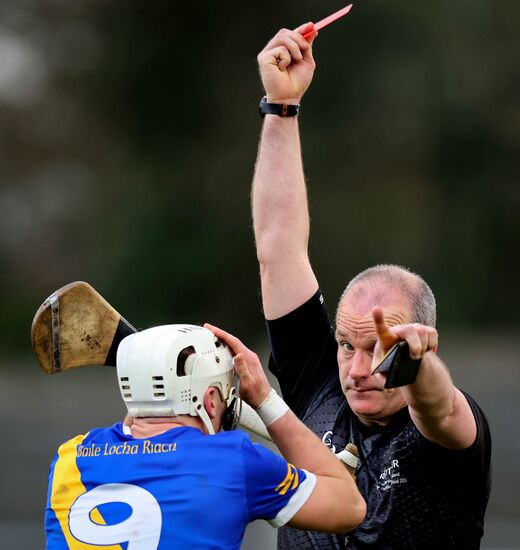Anyone who survived Leaving Cert Irish probably came across “Dialann Deoraí” (“Diary of an Exile”) as a required text. It was a remarkable book by Dónall Mac Amhlaigh, a working-class author from my hometown of Galway who worked as a navvy in England during the 1950s. It was so effective because it was understated, honest and insightful, full of pathos and dignity. The writing was deceptively simple.
It detailed the suffering of the Irish in exile in England, the pain of leaving home magnified by being treated as a second-class citizen in England (“No Irish, No Dogs, No Blacks”). I witnessed the suffering of many Irish men and women that were forced to leave Ireland. As a schoolboy I worked in the left luggage section of Galway’s Ceannt Railway Station. Throughout the summer, the Boat Train on Saturday was packed with emigrants returning to England after visits home – their sorrow evident as they faced again the long journey. There was crying from their relatives and those traveling.
Mac Amhlaigh’s other memoir “A Soldier’s Song” was published as “Saol saighdiúra” (the literal translation is “A Soldier’s Life”) in Dublin in 1962. It’s translated elegantly for the first time into English by Mícheál Ó hAodha of University of Limerick. “A Soldier’s Song” is more light-hearted and exuberant than the other memoir but it does touch on the theme of emigration as well. It covers the late 1940s and is a remarkable social history as well as a great memoir. It is a paean to post-World War II Galway (and Ireland) and to the army life especially to An Chéad Chath – the only Irish speaking battalion in the Irish army. Most of the recruits were native speakers from Connemara. I often heard these soldiers speaking Irish when I passed them on the military “line” in Galway that runs from the barracks to Eyre Square.
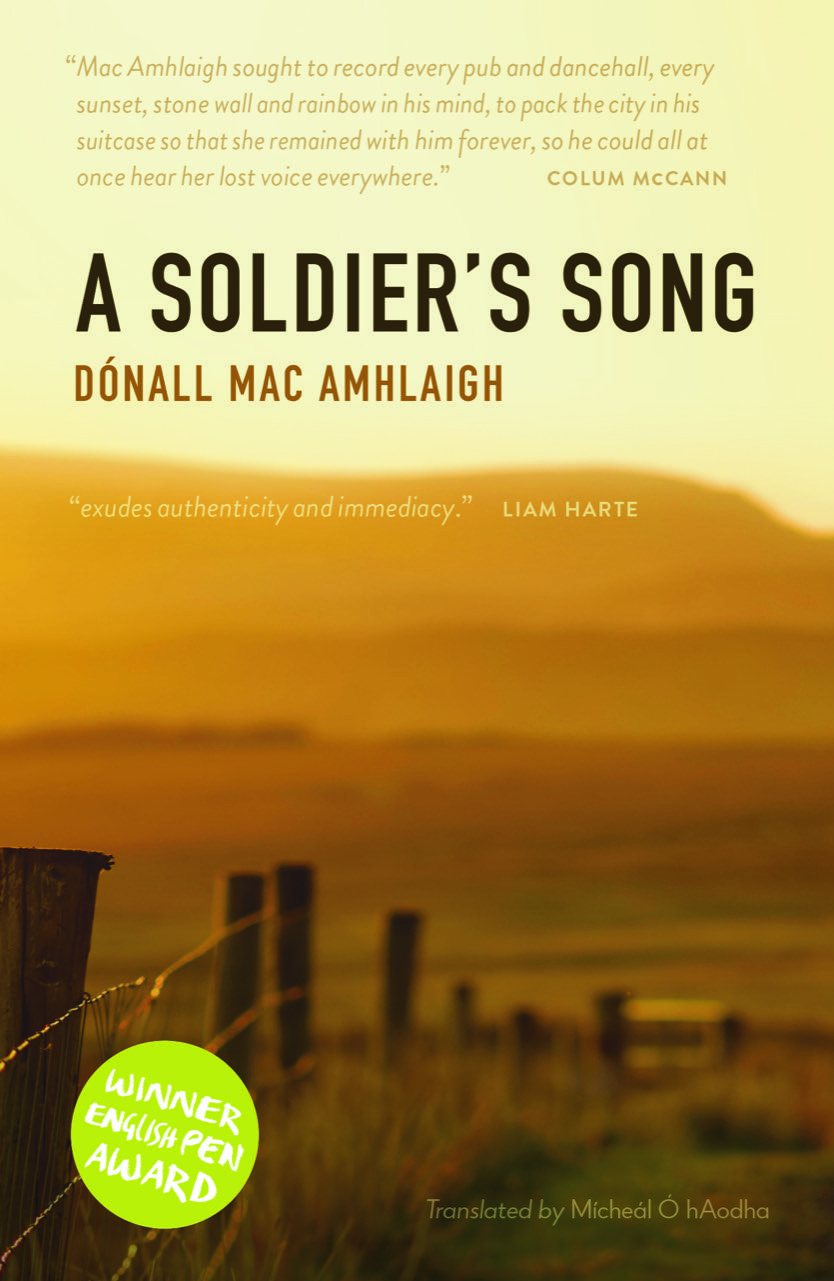
This memoir made a big impact on me because it has great Galway detail and because I lived near the barracks in Renmore, but it also details the lives of ordinary Irish citizens. It showed that despite the depravation of those years people were social, engaged and courageous. The pall of emigration is in the background, however, as it should be. Mac Amhlaigh did a great job at celebrating the humor of his not so stellar military career. This memoir shows that Mac Amhlaigh’s writing has the same essence of understated simplicity and honesty that made “Dialann Deoraí” so effective and moving. The writing reminded me of Brendan Behan’s style. Mac Amhlaigh was a great writer and this translation will help convince anyone who doubted that. The book is available from the publisher here and Amazon.
Seamus Scanlon is Librarian, Division of Interdisciplinary Studies, at City College Downtown, CCNY’s lower Manhattan campus offering degree programs for adults since 1981.

